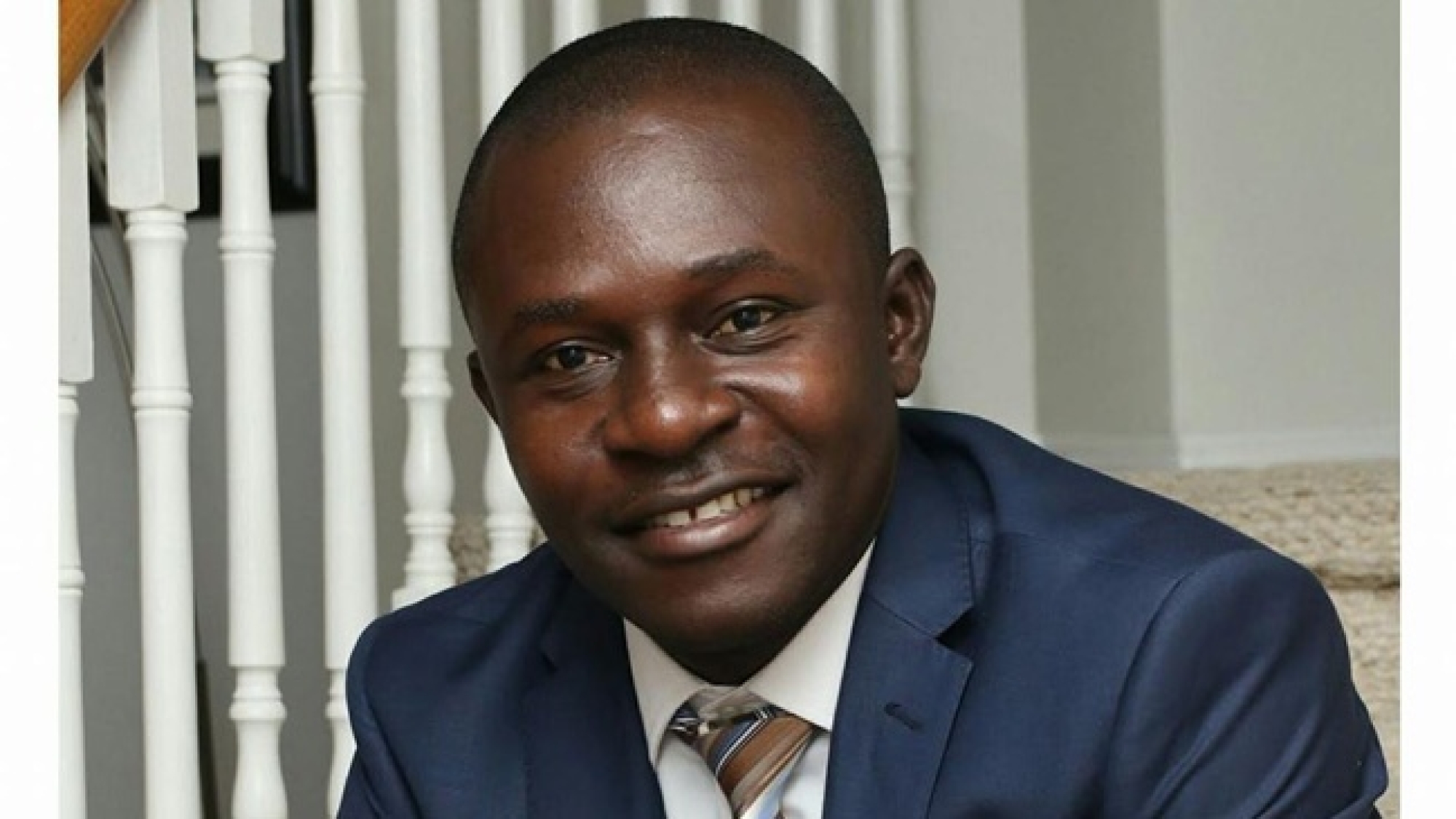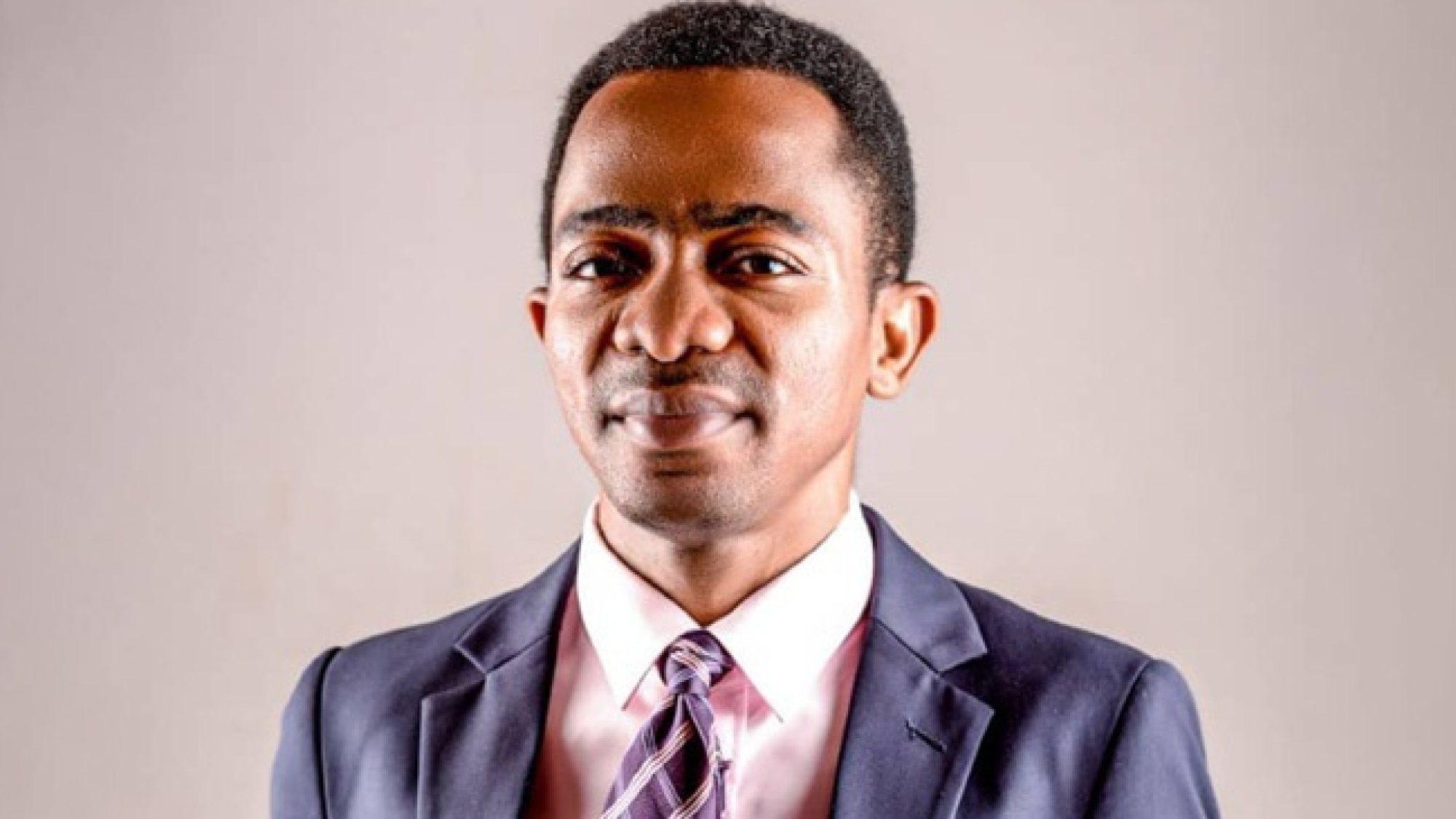PREAMBLE
Let me indicate from the outset that this write-up is going to carry fire. To the one who possesses a teachable spirit, it will be a realisation that the concept of the ministry to celebrities being run by The Church of Pentecost currently is a laudable missiological model that carries the mind of God, involving reaching out to a world that is fast-moving away from him. This drives the salvation history of God, culminating in the ministry of our Lord Jesus Christ when he walked the face of the earth as man. His ministry of reaching out to a lost world continues in the Church. If we have the Kingdom of God at heart indeed, then we must become promoters of that which advances the salvation of all manner of people, and not become obstinate in such issues, failing to learn and going about spewing our ignorance all over.
THE CELEBRITIES
Celebrities could be delineated as personalities who have fame in society and have the ability to pull large crowds and influence them. We see many of them in the arts and entertainment industry, politics, sports, or any other venture that commands great attention from the public. Their trade influences the culture, social, and economic fabric of societies. Since they are great influencers, they can shape the ideologies and life practices of people, especially the younger generations.
Celebrities, therefore, constitute an important hub of society that must invite special attention from all who mean well for the world. Must the church be nonchalant in this regard? If the church does not critique the reality of celebrities and explore how to shine the light of Christ in that space, then its claim of being the light of the world is questionable. That assertion becomes mere rhetoric without any substance.
Whilst we could have both Christian and non-Christian celebrities, they have largely been regarded as sinners, followers of Satan, and people of darkness that the church must not associate with. The term “celebrity” has almost become synonymous with worldliness. Some who undermine the ministry to these celebrities see them, sadly, as people that Christians or the church should not share the same space or platform with. Interestingly, they evoke biblical passages to push that idea. Must we stand aloof and allow this to endure? The celebrity community constitutes an important missiological situation that any mission-minded church must pay attention to in its quest to make disciples of all people in accordance with the charge of our Lord Jesus Christ.
It is a good sign that the Vision 2028 of The Church of Pentecost seeks to capitalise on the potential of the church to transform society by establishing a ministry to Celebrities. This ministry pays particularly attention to sending the gospel to the celebrities and disciple them in a bid to transform society.
THE JESUS MODEL: “A FRIEND OF TAX COLLECTORS AND SINNERS”
Drawing on the perception that celebrities are people with whom the church must not associate, and considering this in light of the ministry Jesus carried out on earth during the days that he walked here as a man, the two are opposed. The ministry of Jesus Christ was revolutionary, challenging the norms of his day. On one hand, Jesus, who was considered a Jewish religious leader, carried himself in a manner that impinged on the ideas and religious practices that were firmly held.. Whilst the religious leaders seemingly lived a “hallowed” life and would not associate with people who were regarded as sinners and irreligious in society, Jesus went to such people. It was this ministerial practice of Jesus that generated the popular phrase in reference to him, “a friend of tax collectors and sinners” (Matthew 11:19; Luke 7:34)..
One case in point is when Jesus was invited by a religious leader, a Pharisee, for dinner, and a woman who was regarded as a sinner drew near to Jesus, adored him by weeping on his feet, and cleaning them with her hair.. The host took offence, but Jesus explained away the happening by speaking about repentance, faith, and forgiveness (Luke 7:36-50). By allowing this association with one who was regarded as an obvious sinner, the woman received salvation.
Another example was when Jesus went for another dinner in the home of Levi, a tax collector. That occasion saw many tax collectors and other people dining with Jesus. The Pharisees fumed about this situation and asked, “Why do you eat and drink with tax collectors and sinners?” Jesus retorted, “It is not the healthy who need a doctor, but the sick. I have not come to call the righteous, but sinners to repentance” (Luke 5:27-32). The whole of the ministry of Jesus was marked by a certain compassion towards sinners, so he could bring them to salvation. Jesus would, undoubtedly, have been labelled “a friend of celebrities and sinners,” but he would respond that he has come to call the celebrities as well to repentance.
Jesus, therefore, modelled a kind of ministry that draws sinners close so they experience God. This is the one who commissioned his church to make disciples of all nations. No one can supplant this example that our Lord Jesus Christ has left for his church. The church must also continue in this spirit.
This association or friendship with sinful people does not put Jesus in enmity with the Father God, as some people evoke James 4:4 to say that Christians should not associate with unbelievers. The whole of the book of James addresses certain challenges that the church was battling with. It teaches on issues that bother the Christian life, and cases that do not allow the community of God’s people to live in harmony. In James 4, the Bible was teaching Christians concerning submitting themselves to God. In speaking to the case of discord among the Christians, the writer drew their attention to their selfish desires to have certain possessions, the lack of which has generated dissatisfaction and quarrels among them. The Bible equates such desires with friendship with the world.
A friend to the world is not someone who puts in place a missiological structure to penetrate through the celebrity space and reach out to celebrities with the Gospel by associating with them, but one who has selfish desires and covets worldly pleasures. An admonition in this same book of the Bible is important here: “Not many of you should become teachers, my fellow believers, because you know that we who teach will be judged more strictly” (James 3:1). We must be careful about how we interpret the Bible. Upsetting the purpose of God through misrepresentation of the word of God makes you a nuisance.
Jesus’ association with sinners does not mean that he is “unequally yoked with unbelievers” or does not amount to him harmonising with Satan. People refer to 2 Corinthians 6:14-17 to condemn efforts to reach out to the world through the adoption of strategies that will draw the attention of the world, so the gospel is preached. “Come out from among them and be separated,” as seen in 2 Corinthians 6:17, is a popular statement held against efforts such as the ministry to celebrities. In this verse, the Apostle Paul cited Isaiah 52:11 to caution the church against idolatry. In the initial record in context, as seen in Isaiah 52, the Prophet Isaiah was calling on the people of Israel who fled to Egypt during the Babylonian invasion of Jerusalem and were now returning from exile to indeed come out from Egypt, putting off any idolatrous ideas and practices that they may have picked up whilst in exile. Paul uses Isaiah 52 to correct the idolatrous tendencies within the church, which the people of God have picked up from the environment in which they were living.
Coming out from among them does not mean we should not approach them to win them to Christ. Structures such as ministry to celebrities are all about preaching Christ and “becoming all things to all people” as Apostle Paul confessed in 1 Corinthians 9:22. This has been how Paul patterned his missionary work and ministry. He was following the example of the Lord Jesus Christ. It is important not to take his teaching in 2 Corinthians 6:14-17 out of context. If you do not understand it, humble yourself to be taught. Do not be moved by unwarranted zeal. We must learn from this desire of our Lord Jesus Christ to reach out to the world by all means. This same spirit drives the mission of God must continue in the church.
THE CHURCH AND MINISTRY OF KATALLAGE (καταλλαγή)
The gospel of our Lord Jesus Christ has signed a peace pact with humanity. Those who believe the gospel become reconciled to God. God is the reconciler who empties himself in Christ so that we may come to salvation (2 Corinthians 5:18). It is humanity that has been reconciled. This is the ministry of katallage (reconciliation). Katallage carries the sense of restoration to favour because God has exchanged his righteousness for the guilt of the world. This can be rightly described as a “compromise” of the divinity of God, so that there will be restoration and reconciliation. This ministryhas been delegated to the church; to all believers (2 Corinthians 5:18-19).
The call to the ministry of reconciliation is presbeuo(πρεσβεύω), or to be an ambassador or to be a representative of God in the world. This ambassadorial work connotes one going to a place he or she does not strictly belong to represent his or her home country or master there. Whilst the person does not compromise his or her sending culture, the person is supposed to be familiar with the culture of the country he or she finds himself or herself in to facilitate its work of diplomacy.
The church must be familiar with the world in which it lives. If the church ministers to celebrities, it must not be ignorant of the terrain, or it will commit grievous missiological blunders. This calls for an association; getting close to them just like our Lord Jesus Christ, so that the church can katallassothem or reconcile them to God
CONCLUSION
Jesus, through the church, is still going into the world to bring people from various backgrounds to salvation. This includes celebrities who have been labelled as belonging to the world. How Jesus Christ modelled his outreach to sinners to bring them to salvation must be continued by the church. The church must fulfill its ministry of reconciliation and restore the world to God through the enabling Spirit of God. The ministry to celebrities has filled a vacuum in missionary work. It must press on to shine the light of Christ into every dark spot in the world. Celebrities can come to faith by hearing the gospel. For them to hear, someone must go. Let’s embrace the model of Jesus to reach out to a world that is fast-moving away from God. No one, out of ignorance or misdirected zeal, can frustrate the purpose of God.
Written by Elder Dr. Stephen Ofotsu Ofoe














